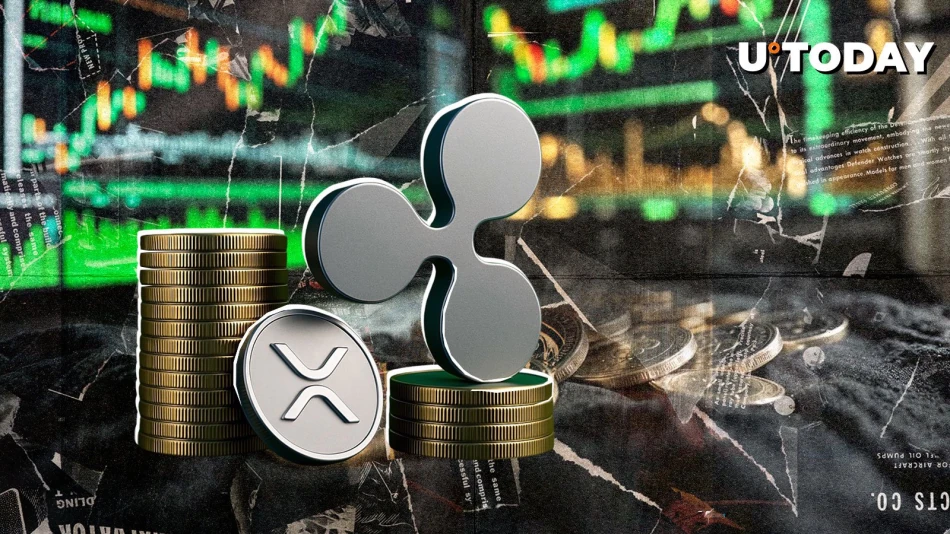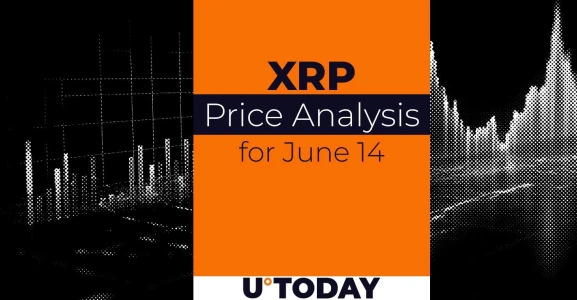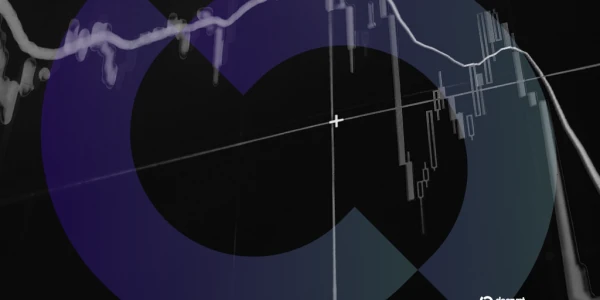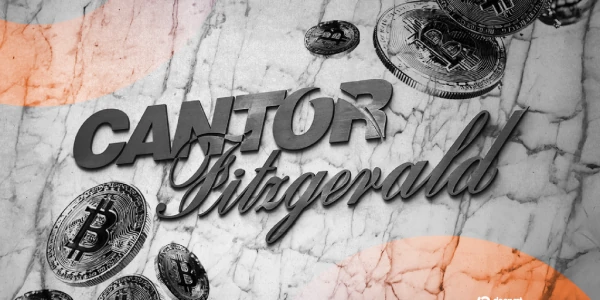
WEF: Ripple Builds Tokenized Asset Infrastructure for Future Generations
WEF Spotlights Ripple and XRP Ledger as Leaders in Financial Markets Tokenization
In a recent report, the World Economic Forum (WEF) has recognized Ripple and its XRP Ledger (XRPL) as instrumental players in the tokenization of private equity (PE) assets. The report, "Asset Tokenization in Financial Markets: The Next Generation of Value Exchange," outlines how the tokenization of real-world assets is poised to transform financial markets by improving efficiency, transparency, and accessibility.
One notable development highlighted in the report is the $1 billion tokenized PE and debt fund launched by Aurum Equity Partners on the XRP Ledger. This pioneering move demonstrates XRPL's utility as a scalable, decentralized Layer-1 blockchain, providing enhanced liquidity and fractional ownership options through secondary markets.
The WEF report also acknowledges Ripple's acquisition of Metaco, a leading digital asset custody provider, as part of a broader trend where digital-native service providers are positioned to offer specialized custodial and compliance solutions to help financial institutions manage tokenized assets securely and within regulatory frameworks.
As private equity is projected to grow to $7 trillion by 2030, with 10% expected to be tokenized, the report emphasizes that tokenization could address longstanding inefficiencies in PE markets, such as lack of transparency and high barriers to entry. Through blockchain platforms like XRPL, investment minimums have already dropped from over $100,000 to as low as $10,000, enabling broader investor participation.
Metaco, the Ripple-owned firm, has recently aligned itself with a new initiative in the crypto trading space, Rulematch, a digital asset trading venue tailored specifically for banks and financial institutions located outside the United States. This move aligns with Metaco's broader push to deepen its integration into institutional finance, as it has formed multiple partnerships with large banks to enhance its appeal as a secure gateway to digital assets for traditional finance clients.
However, while Ripple makes strides in expanding its utility and reach through ventures like Metaco, its legal entanglement with the U.S. Securities and Exchange Commission remains unresolved. In a recent development, a U.S. District Court judge rejected a joint motion filed by Ripple and the SEC, which had sought an indicative ruling on a proposed settlement in their long-running case. The parties had requested clarity on whether the judge would approve the settlement if the case were to be remanded by the U.S. Court of Appeals for the Second Circuit.
Despite the ongoing regulatory uncertainty, Ripple's strategic moves through Metaco demonstrate the company's focus on shaping the future of institutional crypto infrastructure, as it continues to navigate its legal challenges in the United States.
Most Viewed News








